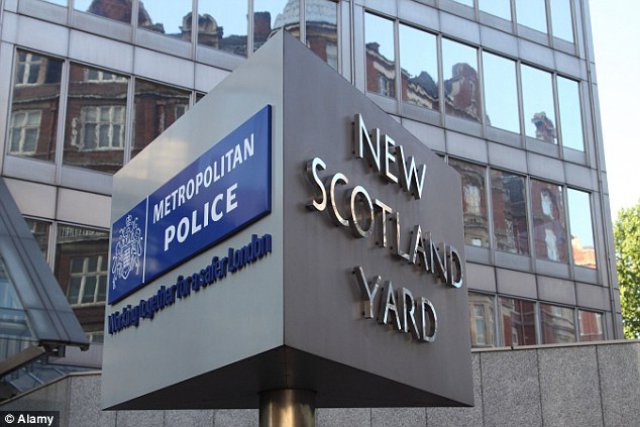 A device to block drones flown by terrorists will be used at major public and sports events following a successful trial at London’s Remembrance Sunday parade.The system was installed on the roof of Scotland Yard, close to where the commemoration took place – the first time it has been deployed by police in the UK.
A device to block drones flown by terrorists will be used at major public and sports events following a successful trial at London’s Remembrance Sunday parade.The system was installed on the roof of Scotland Yard, close to where the commemoration took place – the first time it has been deployed by police in the UK.
The equipment, designed and built by a British consortium, can detect, track and intercept small unmanned aerial vehicles (UAVs) flown by enemies – potentially saving hundreds of lives.
The device was trialled amid mounting concern that terrorists could use drones to launch attacks using explosives or chemical or biological material. The Anti-UAV Defence System is now likely to be deployed to help protect troops on military parades, world leaders at conferences, and other events with large crowds.
The £700,000 device could even be used to defend critical infrastructure such as nuclear power plants, borders and other buildings of national importance.
Following the success on Remembrance Sunday, a source said: ‘The Met really liked how the trial went and it worked with the rest of the security operation.’
Elizabeth Quintana, a senior research fellow at the Royal United Services Institute think-tank, said: ‘What is reassuring is that this is the security forces getting ahead of the game, so they have defensive measures in place before something actually happens.’ The counter-UAV system combines highly-sophisticated radars, cameras and electronic jammers.
Separately, each piece of technology has been used by the British military on the battlefield to prevent insurgent attacks, including the threat of buried bombs.
But the new system is the first to incorporate all three. The aim is to stop extremists, spies and smugglers maliciously using drones which can be bought for as little as a few hundred pounds.
The portable system can spot small, slow-moving drones up to four miles away using radar.
A military-grade camera then tracks it before jamming the radio signals that control it, making it impossible to fly.
The whole process can take as little as 15 seconds.
Source: Daily Mail
